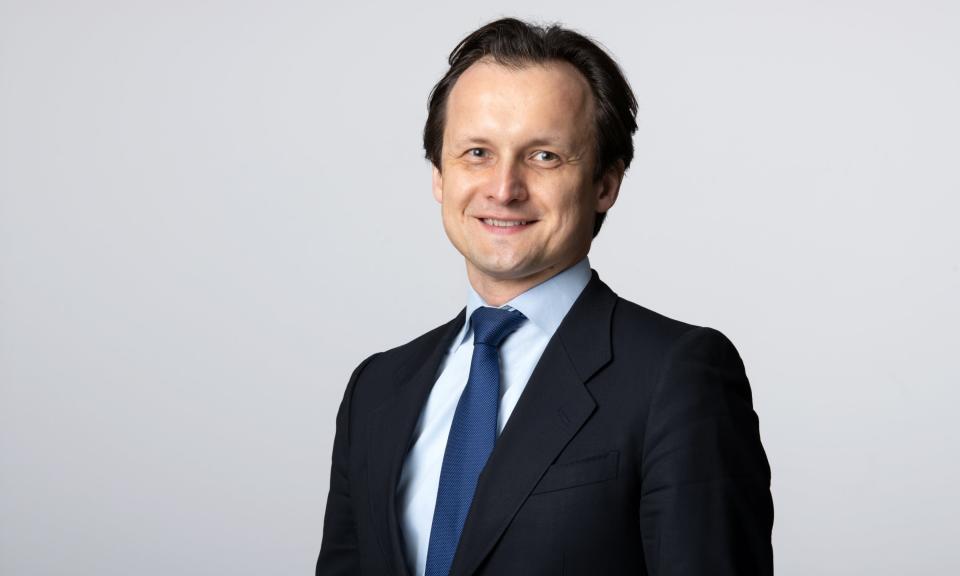Published
Professor of Finance Robert Kosowski gave his virtual Imperial Business School inaugural lecture on 9 June
Professor Robert Kosowski, who was recently made Head of the Department of Finance at Imperial Business School, examined the role of luck and skill in alternative investment management in his Imperial Inaugural: “Black Swans” and “Golden Geese”.
He argued that golden geese – very good sources of wealth or profit – are difficult to find, and as a result, we need to find effective ways of identifying them.
“For me this goes beyond investment strategies, academia and industry, it also involves understanding the role of luck in any published academic paper. Back test registers and sharing of code data are essential next steps in the publication process,” he said.
“There are few golden geese strategies a year in the funds universe and an unknown number of thousands of ugly ducklings.”
Decision-making and regulation need to be evidence-based wherever possible, and not ideological
Professor Kosowski also stressed the level of sophistication necessary to spot unpredictable events that can have severe consequences, such as the 2008 financial crisis, known as black swans. Arguing that it is possible to anticipate them with hypothetical scenario analysis and stress tests, he said this would require scenario design and careful attention to implementation.
His lecture also examined the practice of constraining investments, which he has dubbed “caged geese”.
“Investment strategies do not flourish when subjected to too many constraints, which typically reduce the efficiency of the portfolio. This is the return to risk trade-off, which is particularly relevant for all of us in a world of rising inflation and low real yields,” he said.
“Decision-making and regulation need to be evidence-based wherever possible, and not ideological.”
Inspired by his parents, both doctors, Professor Kosowski wants to use his academic expertise for good. His own research, he said, helps demonstrate how resources can be “optimally and fairly” distributed across the economy.
Looking to the future, he hopes to continue to use his knowledge to achieve positive ends. With this in mind, he will be dedicating some of his time to encouraging the finance industry to make positive steps towards helping the environment. The biggest black swan on our horizon, he believes, will be climate change related.
“As financial economists, we can contribute to protecting the planet by helping companies and fund managers deeply incorporate ESG criteria into their business models,” he said.
“At the aggregate level we need to measure the trade-offs between traditional measures of a nation’s economic success and the environmental destruction that is associated with it.”


